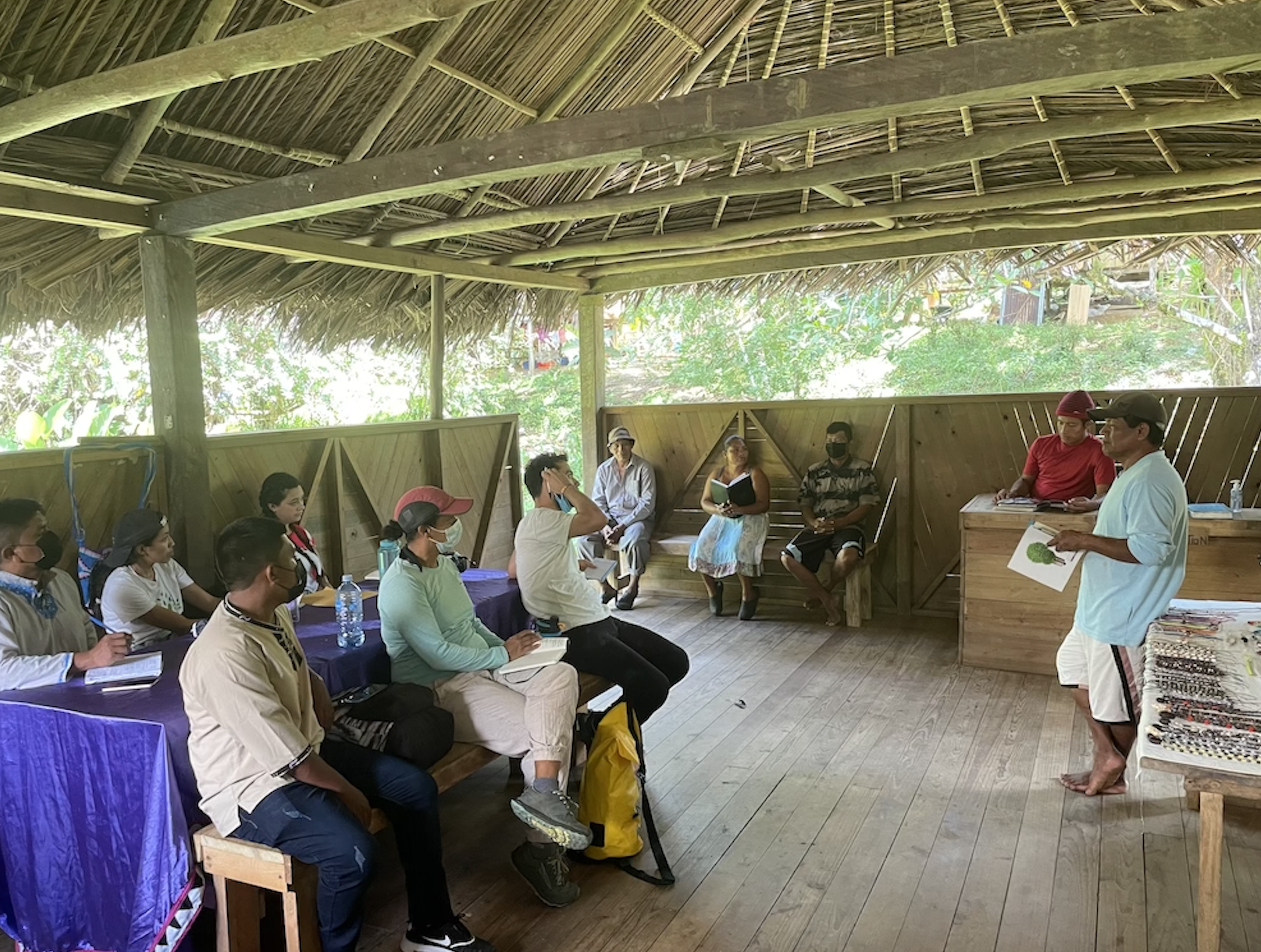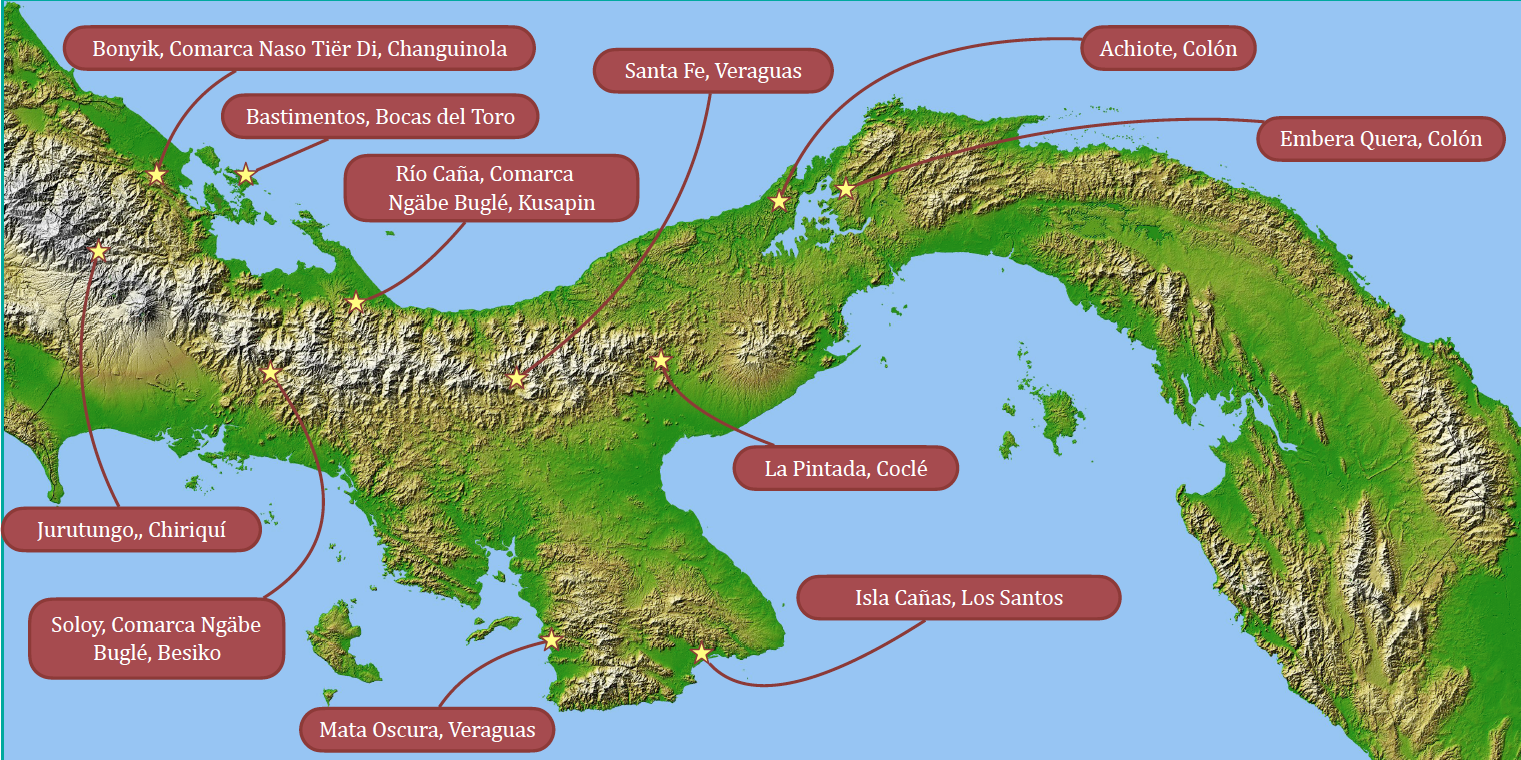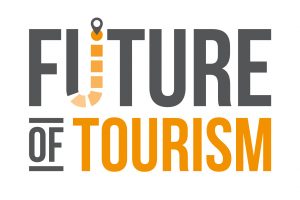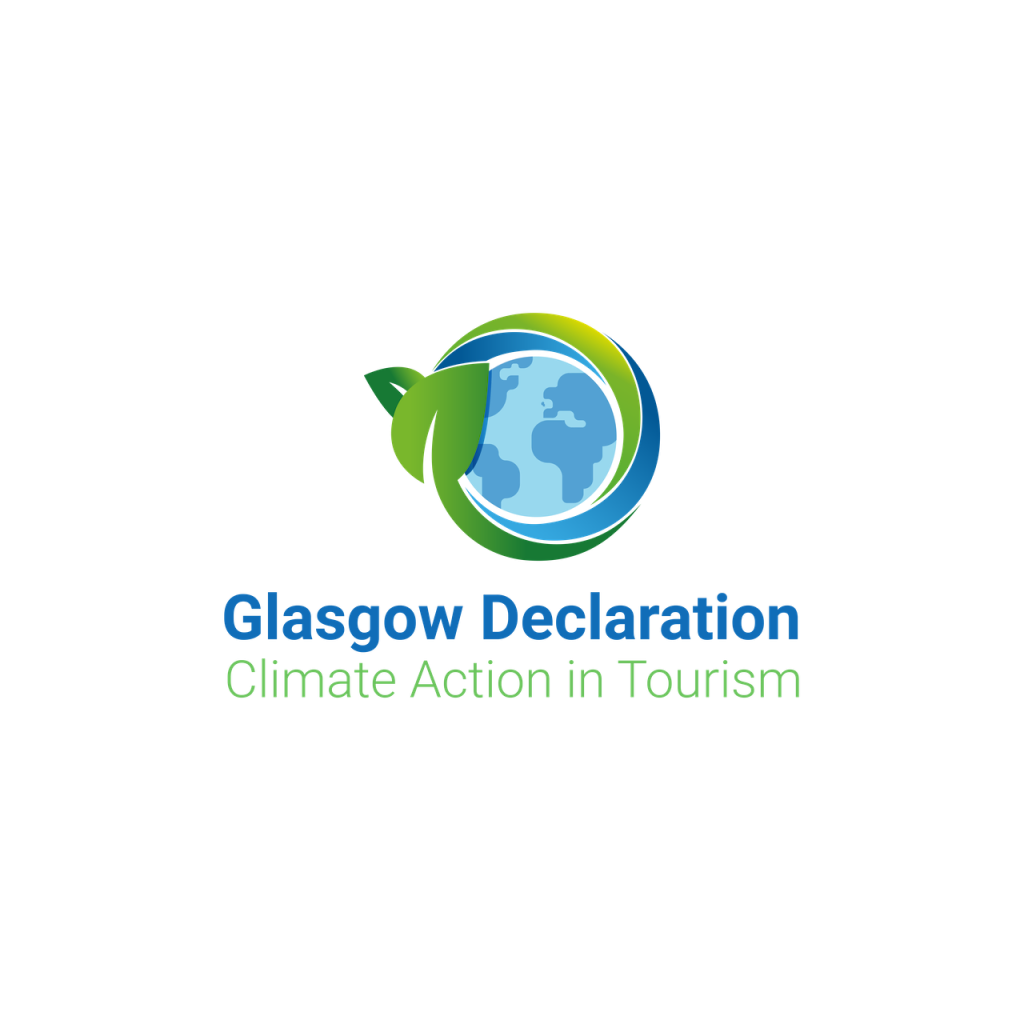The Panama Alliance for Community Tourism (PACTO)
Receptive tourism hosted and managed by local communities has the potential to deliver important economic, environmental, and social impacts. Community tourism can generate opportunities to achieve locally-defined development goals, as well as directly contribute to the accomplishment of the Republic’s larger development goals—including Panama’s climate targets in the Nationally Determined Contribution (NDC) to the Paris Agreement[1] and the UN Sustainable Development Goals (SDGs)[2].
Panama’s Master Plan for Sustainable Tourism (2020-2025) recognizes the diversity and connectivity of the rich natural and cultural heritage of the local communities and Indigenous Peoples of Panama. However, despite isolated pilots, there has not yet been a cohesive effort to align community tourism directly with poverty alleviation, environmental conservation and the critical skills at the local level to build resilience and improve human well-being.
WHAT IS PACTO?
The Panamanian Foundation for Sustainable Tourism (APTSO), the Tourism Authority of Panama (ATP) and other local and international partners have created The Panama Alliance for Community Tourism (PACTO) as a multi-year initiative to build strong and resilient communities in Panama through regenerative tourism. This goes beyond “sustainable tourism” and simply trying to minimize the negative impact of tourists. Rather, the innovative PACTO collaboration is utilizing community tourism as a tool to specifically generate new opportunities and achieve measured goals defined by local communities and indigenous groups. PACTO is a process to design and implement a regenerative National Community Tourism Strategy for Panama, that delivers many of the goals outlined in the National Master Plan for Sustainable Tourism.
APTSO began developing the PACTO initiative in 2020, and successfully raised an initial US$260,000 to design, implement and refine approaches. We are currently realizing activities in partnership with 11 communities; located in indigenous territories, national park buffer zones, and areas of high biological diversity and cultural heritage. These activities include leadership training, technical capacity building, and impact management; as well as developing digital platforms to connect local products with national and international markets. The overarching goal of this phase is to develop and strengthen tourism enterprises in each of these communities that support the recovery of natural and agricultural productive areas to improve water and food security.
This phase of the programme will run through the end of 2022. At that time, a participatory evaluation process to identify lessons learned will be conducted. This information will then be utilized to refine strategies for the next phase of PACTO (2023-2025); to scale up the National Community Tourism Strategy for Panama into an additional 20 communities.
APTSO is leading this pioneering programme in close collaboration with the Authority of Tourism of Panama, Fundación Natura, PNUD-GEF and other international and local networks organizations.
WHY PACTO?
Women-headed households, differently-abled individuals, self-employed women and families with terminally ill members (cancer, kidney failure, stroke, etc.) are greatly affected in a post covid era. The reason being the lack of income, savings, inability to access finance and other benefits. Many who were dependent on public transport and living in rural and inaccessible areas are affected greatly. The collapse of tourism and hospitality industry and loss of jobs created a desperate situation for many unable to meet basic needs. Most/all women-run enterprises and women entrepreneurs who have invested in their business are still affected. The uncertainty of the current situation further marginalizes these individuals and their families. APTSO aims to directly meet the needs of vulnerable women and Indigenous Peoples to improve their livelihoods through this program.
This program will benefit at least 200 women and youth-run enterprises, women entrepreneurs and indigenous peoples aged ranging from 20-60, living in rural areas throughout Panama. The primary focus is on community-owned enterprises and associations and majority indigenous-owned small or micro-enterprises and community cooperatives.
The Panama Alliance for Community Tourism (PACTO)
Phase 1, Pioneer Communities
“Increased mining is causing negative changes in our environment. There is already loss of species such as the golden frog and loss of forests that were part of the Omar Torijos Herrera Division National Park.” -Janeth Peña, Comunidad de La Pintada
“Although we have been guardians of the earth for a long time, climate change is a global problem that is affecting the planet, and our region does not escape this sad reality. It affects my community with drought, and seasonal changes in the timing of the rains. Along with the poor management of watersheds—there is less productivity, collapse of large amounts of land, loss of biodiversity, and more. With regenerative tourism, we hope to sensitize visitors that they can have a positive and sustainable impact in our host communities.“
-Justino Bejerano, Comunidad de Soloy
“One of the biggest challenges in Santa Fe is family sustainability—since many must leave town to work in other places. I feel that with tourism we can create new entrepreneurs, new jobs in the community with our local activities and in addition, receiving all the support that can be provided from the network of communities, in the transmission of previously acquired knowledge.” -Odelvis Jordán, Comunidad de Santa Fe
For more information on the technical components of PACTO, or
questions about the next phase, please contact: info@aptso.org
[1] See Panama’s NDC; which includes a GHG emission reduction of 11.5% by 2030 and 24% by 2050; restoring 50,000 ha of forest; and other planning and management plans including the integrated management of hydrographic basins, resilient human settlements, improved public health and more.
[2] For more info see: Plan Colmena “Panamá libre de pobreza y desigualdad, la Sexta Frontera.”



 El turismo sostenible beneficia a las comunidades rurales y sus ecosistemas, poniendo las necesidades del destino en el centro y promoviendo experiencias auténticas e intercambios culturales.
El turismo sostenible beneficia a las comunidades rurales y sus ecosistemas, poniendo las necesidades del destino en el centro y promoviendo experiencias auténticas e intercambios culturales.


